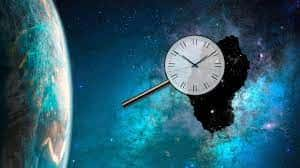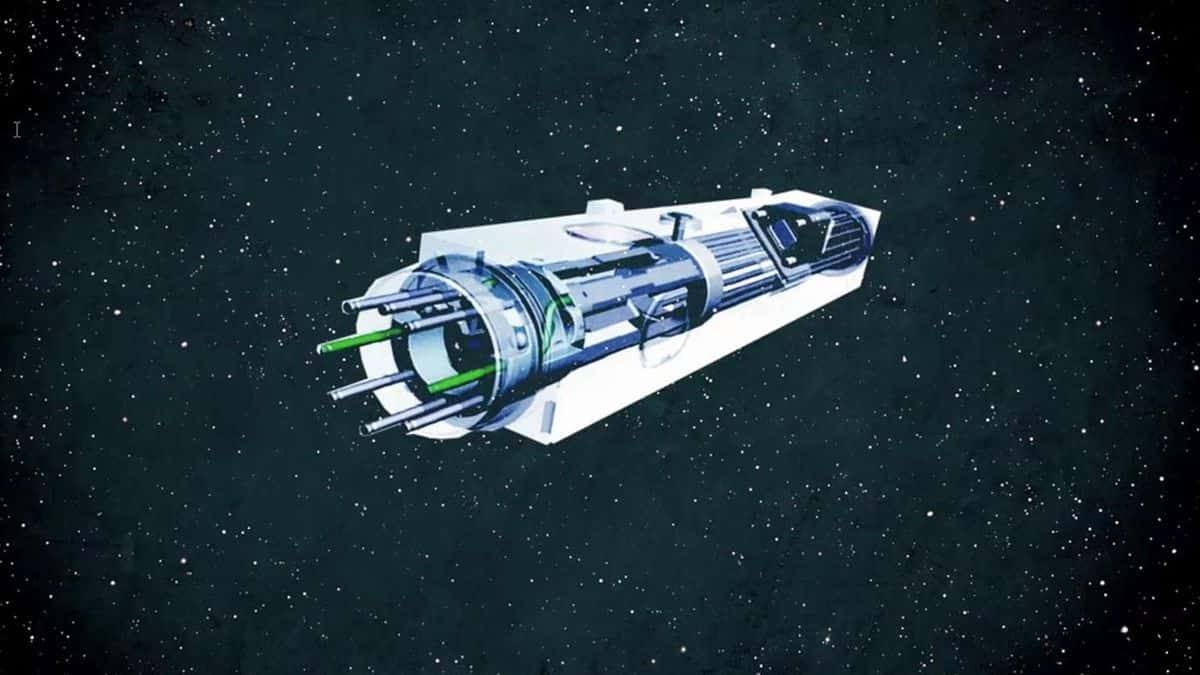Atomic clocks bring cosmology and astrophysics down to Earth, allowing searches for ultra-light particles that could describe dark matter in a laboratory.

Scientists are utilizing atomic clocks to investigate some of the universe’s greatest mysteries
Atomic clocks are used including the nature of dark matter, in a laboratory. In the process, they say they’re bringing cosmology and astrophysics “down to Earth.
The project of using atomic clocks, which is a collaboration between the University of Sussex and the National Physical Laboratory uses atomic clocks to hunt for hitherto unknown ultra-light particles.
These particles could be related to dark matter, the mysterious substance that makes up an estimated 85% of all matter in the universe but remains effectively imperceptible to us because it does not interact with light or, more precisely, electromagnetic radiation
Read Also: NASA Hubble Space Telescope Photographs The Ghostly Luminescence Of Distant Galaxy
Atomic clocks should tick at a constant rate, but physics beyond the Standard Model’s scope would result in tiny charges in atomic energy levels
Atomic clocks should affect the rate at which clocks tick, but the variation would be so small it could only be spotted with an incredibly precise clock and that’s where atomic clocks come in.
Atomic clocks bring cosmology and astrophysics down to Earth, enabling searches for ultra-light particles that could explain dark matter in a laboratory.
Read Also: 22 Starlink Satellites Launch And A Rocket Lands At Sea, Spacex




